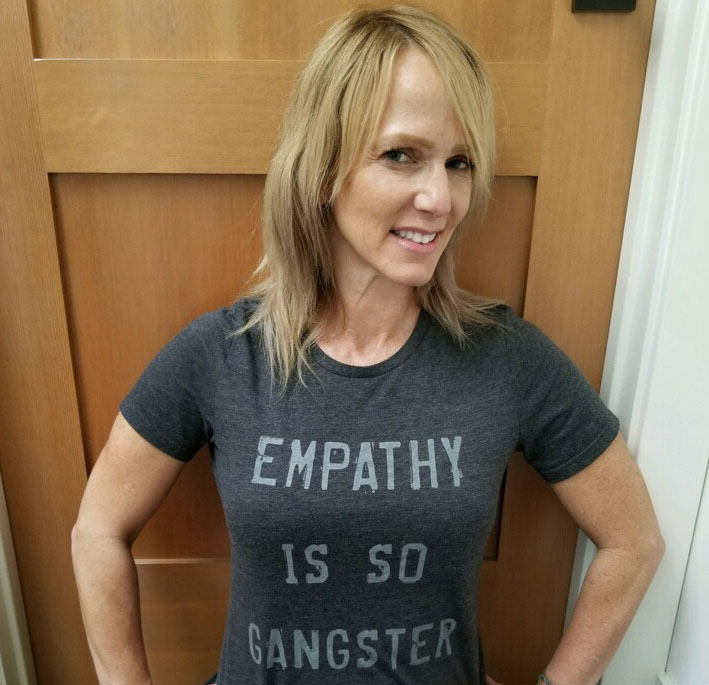 The hearings are behind us, the Supreme Court has nine justices again, and now we can move on to some other divisive issue. Or maybe not. Either way, what struck me during the past several weeks was this country’s lack of empathy.
The hearings are behind us, the Supreme Court has nine justices again, and now we can move on to some other divisive issue. Or maybe not. Either way, what struck me during the past several weeks was this country’s lack of empathy.
Neither side of the Ford-Kavanaugh discussion, whether defending their opinions or opposing the other side, used empathy.
People who supported Ford thought they were showing empathy with statements such as, “I can relate to what she’s going through, so she must be telling the truth.” Similarly, the pro-Kavanaugh folks considered themselves empathetic. “Put yourself in the shoes of any teen or college-aged boy right now,” they’d say. “It’s a scary time for men.”
Both thought they were putting themselves in others’ shoes as a basis for argument and as an analogy for empathy. But if empathy is defined by someone’s ability to put themselves in another’s shoes and to experience that person’s set of emotions and reactions, then neither side showed empathy. They both failed.
Some people called Ford’s story “sketchy,” noting that she remembered some facts vividly but forgot others. Critics said, “I’ve experienced traumatic events and I remember how I got home and who was with me. She must be lying!” Others claimed that, “When I was in that situation, I told at least one friend!” Because Ford did not act the way those people might have acted, they concluded that she was lying.
That’s not empathy.
Identifying empathy
Empathy is not instinctive or even intuitive. It’s the learned skill of understanding what it’s like to be in someone else’s shoes, to be able to imagine how that person would perceive and react to a situation based on that person’s whole experience and mindset, not based on your own.
Meanwhile, people criticized Kavanaugh’s vehement, emotional denial, saying things like, “I wouldn’t act that way if I were falsely accused. He’s lying!” Or, “I’ve blacked out drunk and I couldn’t remember everything I’d done. Kavanaugh must have blacked-out and he’s lying if he claims he knows for sure that he didn’t do this!”
Again, not empathy.
Empathy isn’t easy. Empathy is the practiced skill of understanding someone so well that you not only know how they think and feel, but you can picture how they would react in a given situation. It’s meeting that person where they are, not insisting that they would feel and act as you would.
I used this as a focal point in our sales team discussion this week. “Don’t assume a client will answer how you would,” I reminded them. Instead, ask questions to learn what’s going on with them. Really hear where that person says she or he is, what their needs are, and what they’re thinking. React and offer solutions from that vantage point. That’s empathy.
